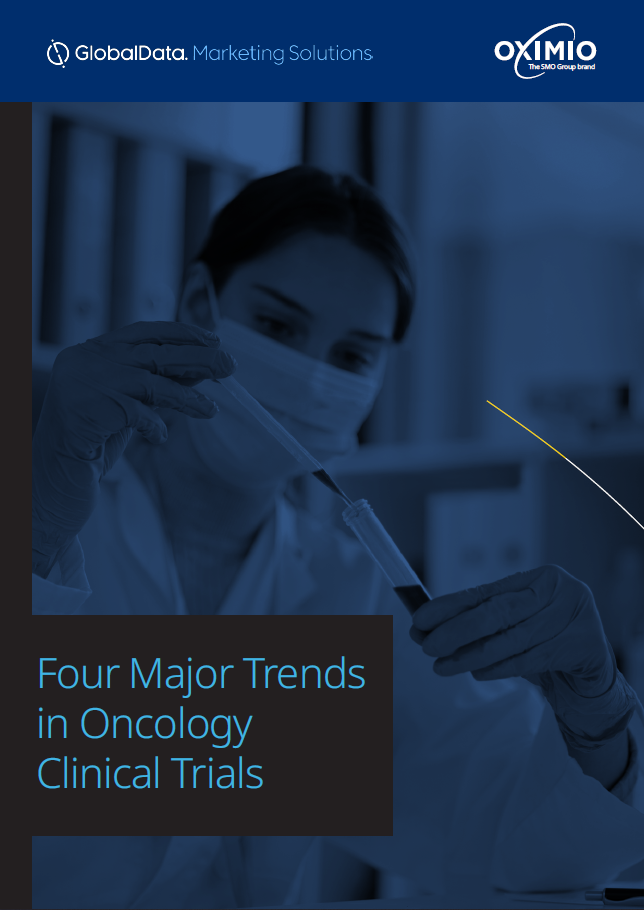Anixa Biosciences reported encouraging new data from a Phase Ia trial of its breast cancer vaccine candidate, which also has a Phase Ib study underway.
Anixa and the Cleveland Clinic in the US announced that the experimental vaccine elicited an immune response across all patients tested so far in a Phase Ia trial. The study enrolled women who have had triple-negative breast cancer within the last three years and received curative standard-of-care treatment.

US Tariffs are shifting - will you react or anticipate?
Don’t let policy changes catch you off guard. Stay proactive with real-time data and expert analysis.
By GlobalDataAnixa’s vaccine targets the protein α-lactalbumin, which appears on triple-negative breast cancer cells but not on normal cells.
The company reported that T-cell responses specific to α-lactalbumin were reported across all dose levels. However, the study investigator stated that the Phase I trial was too early to determine whether the elicited immune response could effectively prevent cancer.
Anixa’s cancer pipeline
Meanwhile, an investigator-sponsored Phase Ib study of Anixa’s same experimental breast cancer vaccine (NCT04674306), is currently recruiting 30 patients. The study also takes place at the Cleveland Clinic, and funding for the trial comes from the US Department of Defense.
The Phase Ib trial includes two cohorts: one for patients with high-risk triple-negative breast cancer, and the second for patients scheduled to undergo a mastectomy due to a genetic risk factor for developing triple-negative breast cancer. The study has an estimated primary completion date of June 2023, according to the trial listing.
Alongside Anixa’s vaccine programme, the company also has a chimeric antigen receptors T cell (CAR-T) programme in development with Moffitt Cancer Center in Florida. An ongoing investigator-sponsored Phase I study (NCT05316129) is investigating autologous T cells designed to target follicle-stimulating hormone receptors (FSHCER) in ovarian cancer.







